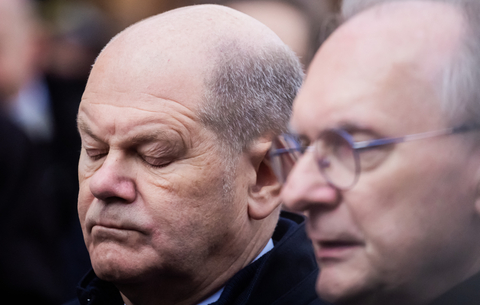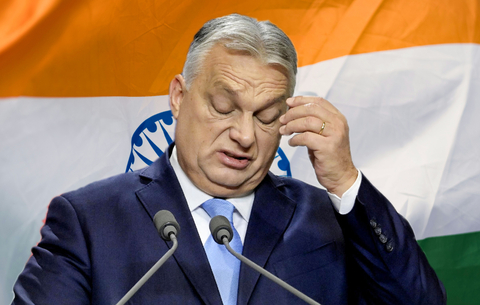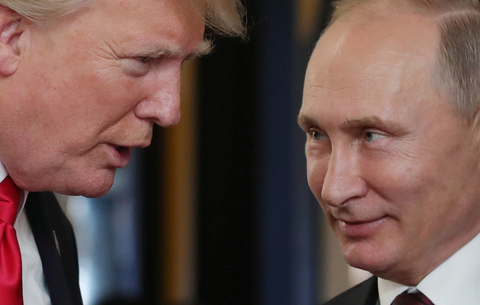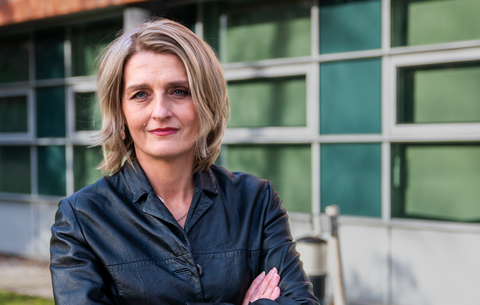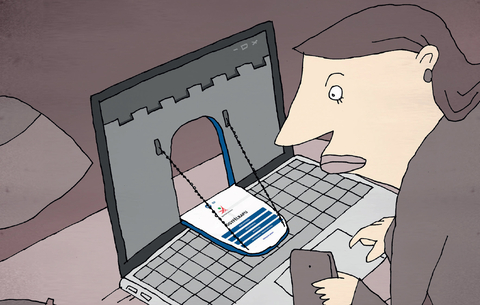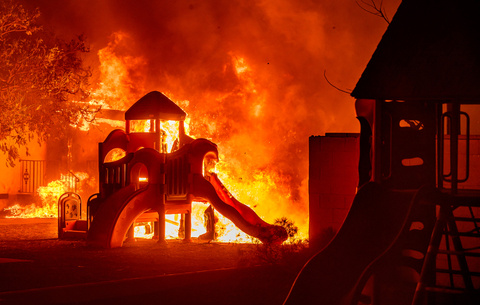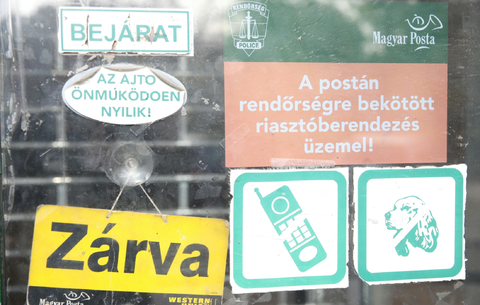Chances
The government parties and Fidesz are neck and neck. In its latest poll, Marketing Centrum forecasts a three-party parliament. One in eight voters will decide whom to vote for in the final week of the campaign.
© hvg.hu |
a lower turnout than in 2002. The outcome of the election is too close
to call, the pollsters said. There has been no decisive change in
support levels compared to the December figures, though Fidesz is once
again in the lead. The Free Democrats seem likely to get into
parliament, thus reducing the size of the opposition party's lead. The
Hungarian Democratic Forum's (MDF) level of support has grown since
the end of last year, but its supporters are less likely to vote than
committed supporters of parties that are likely to enter parliament.
They remain unlikely to win any seats.
There has been no change beyond the margin of error in the levels of
support for each party, although the most recent poll suggests a
different outcome. Fidesz holds a slight lead, but the Free Democrats
seem far more likely to get into parliament than at the end of last
year. The MDF no longer seems to be in a hopeless position, although a
three-party parliament seems most likely.
It is certain that the turnout on 9 April will be lower than the
record levels of 2002. The poll suggests a turnout of 64 per cent.
Supporters of the two main parties are roughly equally committed:
Fidesz supporters have a 73 per cent likelihood of voting, Socialist
supporters a 76 per cent likelihood. Supporters of the smaller parties
are less enthusiastic - 67 per cent in the case of the Free Democrats,
64 per cent in the case of the MDF. This is a concern for the MDF in
particular, since it is likely to mean the party does not cross the 5
per cent threshold needed to gain seats in parliament.
